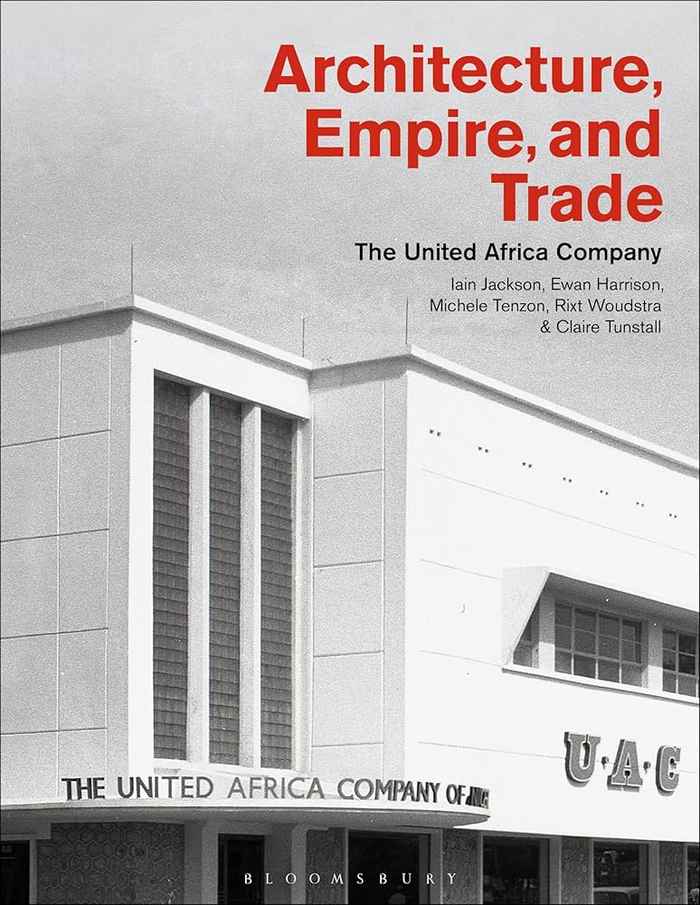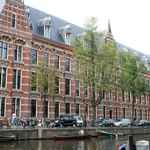Empire, Trade and Modern Architecture in West Africa
Book presentation by Rixt Woudstra and Ewan Harrison
- Date
- 18 September 2025
- Time
- 15:30 -16:30
- Location
- Bushuis/Oost-Indisch Huis
- Room
- F0.01

This open access book explores how the British-owned United Africa Company (UAC), the largest commercial firm active in West Africa and owned by Unilever, shaped Ghana and Nigeria’s built environment through extraction and exploitation. From the late nineteenth-century to decolonization in the 1950s and ‘60s, the UAC was involved in almost every commercial enterprise and sector, and responsible for procuring architecture, infrastructure, and city real estate across a vast region.
The book reproduces an array of newly-uncovered material – from photographs of streetscapes, buildings, and West African everyday life to civic reports and city plans – and presents these alongside critical and theoretical discussions to reveal an alternative account of the architecture of the region which stands in contrast to more conventional state-focused histories. It explores technological, aesthetic, and political shifts through an architectural lens, and brings to the fore an awareness of the violence and appropriation which underlie each architectural episode, showing how the UAC, as a case-study, presents a unique opportunity to investigate how architecture manifests power, culture, and identity in colonial and post-colonial contexts.
